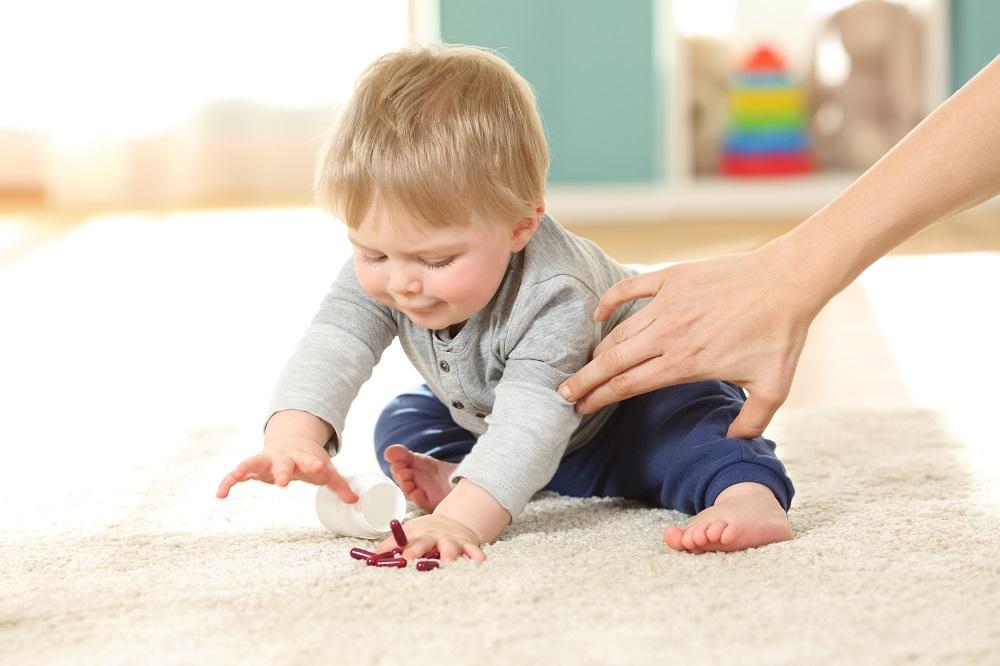
National Poison Prevention Week is observed annually during the third week of March. It highlights the dangers of being poisoned by household products and how to prevent them.
Children and pets are those most vulnerable to accidental poisonings. Every day, over 300 children in the United States are treated in an emergency department, and two children die, as a result of being accidently poisoned.1 It’s not just chemicals clearly marked with warnings that can be dangerous, everyday items such as household cleaners, detergents, pesticides, medication dosing mistakes and unsupervised medicine intakes can be poisonous to children and pets as well.1
Poison Prevention tips
By keeping medicines and toxic products, such as cleaning solutions and detergent pods, in their original packaging where children can’t see or get to them, you can help lower the chance of your child or pet being poisoned.
Carefully read the label for all warnings and directions when giving medicine to children and pets.1 Safely dispose of unused, unneeded, or expired prescription drugs, over the counter drugs, vitamins, and supplements. Don’t keep it if you don’t need it. To safely dispose of medicines, mix them with coffee grounds or kitty litter and throw them away.1 You can also turn medicines in at a local take-back program or during National Drug Take-Back events.1
What to do if someone has been poisoned
Save the number in your phone
Put the nationwide poison control center phone number, 1-800-222-1222 (U.S.), in your phone and in a visible place in your home. Call the number if you think your child has been poisoned but they are awake and alert. Call 911 if you have a poison emergency and your child has collapsed or is not breathing.1 If your pet has been poisoned call your local vet immediately.
For more information on poison control visit https://www.poison.org/.
[1] “Poisoning Prevention.” Centers for Disease Control and Prevention, Centers for Disease Control and Prevention, 6 Feb. 2019, www.cdc.gov/safechild/poisoning/index.html
Copyright © 2025 All Rights Reserved by AFSPA.